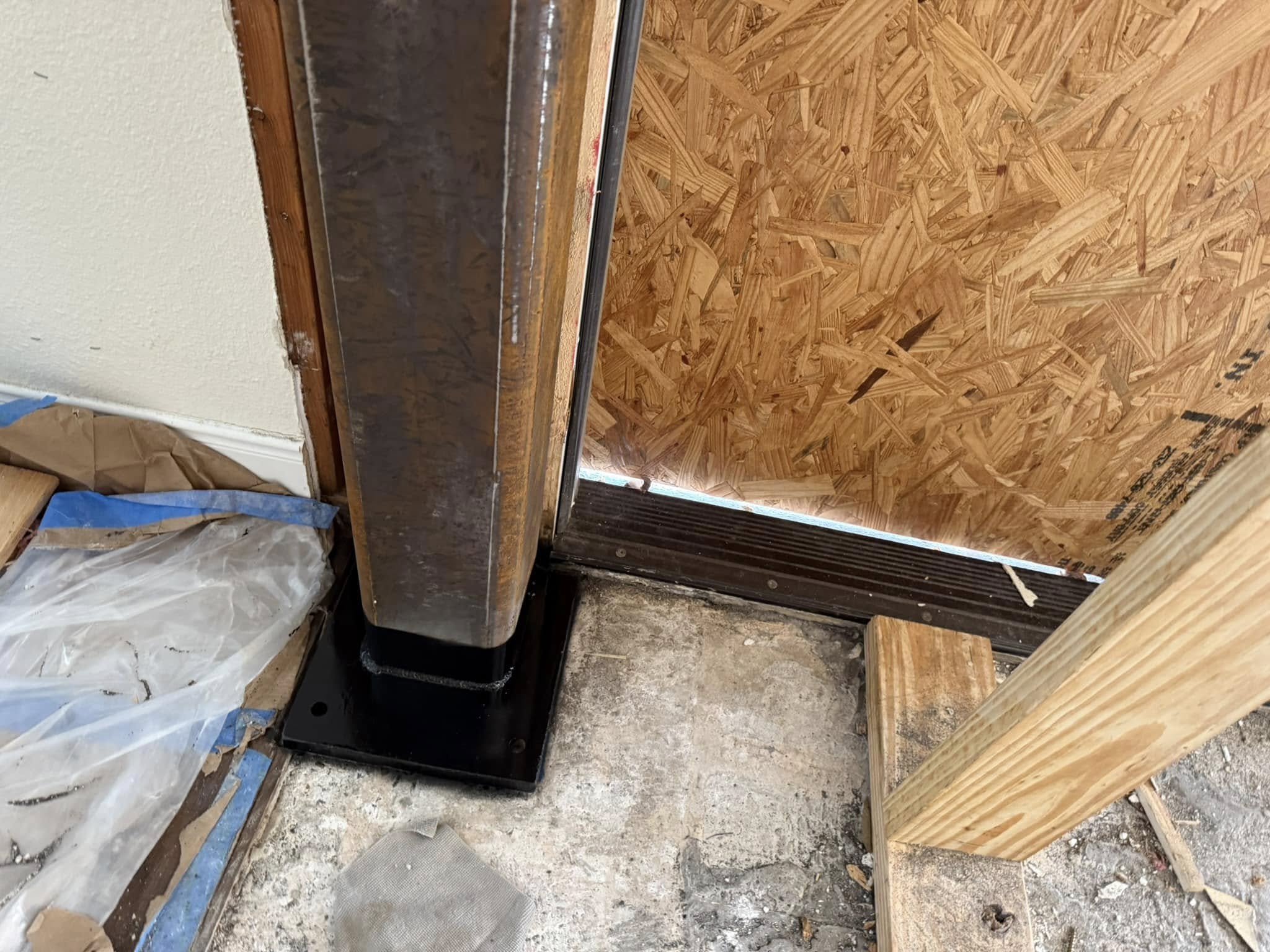
Mastering the Art of Specialty Welding: Techniques and Tips Aug 01, 2025
Specialty welding services entail dealing with materials and components that require customized approaches beyond standard welding practices. These could involve working with exotic metals, intricate designs, or projects requiring stringent safety standards. The key to mastering specialty welding begins with understanding the materials you'll be working with. Each material has unique properties—for example, stainless steel requires different handling compared to carbon steel due to its tendency to warp and discolor under high heat.
Preparation is a crucial precursor to any welding task. Begin by ensuring that your workspace is clean and organized. A cluttered environment increases the risk of accidents and affects the quality of the weld. Additionally, the material to be welded should be clean and free from contaminants such as oil, dirt, and rust which can compromise the weld quality. Use the appropriate cleaning agents and techniques for different materials. For instance, acetone is effective for degreasing metals, while a stainless steel brush is ideal for cleaning surfaces without causing contamination.
Choosing the right welding technique is equally important. Techniques like TIG (Tungsten Inert Gas) and MIG (Metal Inert Gas) welding are often employed in specialty welding. TIG welding is particularly useful for projects that require high precision and is frequently used for thinner materials that require a cleaner finish. MIG welding, on the other hand, can be more efficient for larger projects and thicker materials. Understanding the strengths and limitations of each technique allows you to make informed decisions based on project requirements.
When working with particularly challenging materials or designs, investing in high-quality equipment cannot be overstated. Modern, advanced welding machines provide superior control over the process, enabling welders to make intricate adjustments as needed. Additionally, the use of high-quality filler materials helps ensure the weld's strength and durability. Suppliers like LHR Specialty Welding Services can guide you in selecting the appropriate tools and materials for your specific needs.
Safety remains paramount in specialty welding. Always adhere to safety guidelines, which include wearing appropriate protective gear such as gloves, helmets with the right shade lenses, and adequate clothing. Ensure your workspace is well-ventilated to prevent the accumulation of harmful fumes. Moreover, investing time in regular training and safety updates for your team is necessary. LHR Specialty Welding Services is committed to safety and can provide resources to ensure you and your team stay informed about best practices.
In conclusion, mastering specialty welding involves a harmonious blend of understanding materials, refining techniques, and prioritizing safety and equipment quality. As with any craft, experience and continuous learning play roles in honing your skills. Take advantage of resources available from industry experts like LHR Specialty Welding Services, who are dedicated to supporting your welding endeavors. By investing time and attention in mastering these aspects, you can ensure reliable, high-quality outcomes for all your welding projects.
/filters:no_upscale()/media/79ed06dd-a7ab-4fd0-910c-339175283105.jpg)
/filters:no_upscale()/filters:format(webp)/media/b09fe021-d8aa-4370-b868-b0c64a4da3e7.jpeg)